By David Farkas, Leica Store Miami
Today, Leica has announced a new variation of its popular third-generation Leica Q all-in-one full-frame digital camera. The new Leica Q3 43 takes the same technical prowess and design of the standard Q3, but swaps out the familiar 28mm f/1.7 Summilux ASPH lens for a longer 43mm f/2 APO-Summicron ASPH. The Q3 43 marks the first time that a Q camera is available with a lens other than 28mm since the system's initial introduction in 2015.
Inside, the exceptional 60-megapixel BSI CMOS sensor paired with a Maestro IV processor turns out images with 14-stops of dynamic range, with the option of variable resolution DNG files along with expanded digital zoom options up to 150mm equivalent. Equipped with a massive 8GB of buffer memory, the Q3 43 can crank out up to 15 fps bursts. The Live View experience is top notch, with a stunning 5.76 million dot OLED EVF and tiltable 1.84 million dot rear LCD touchscreen.
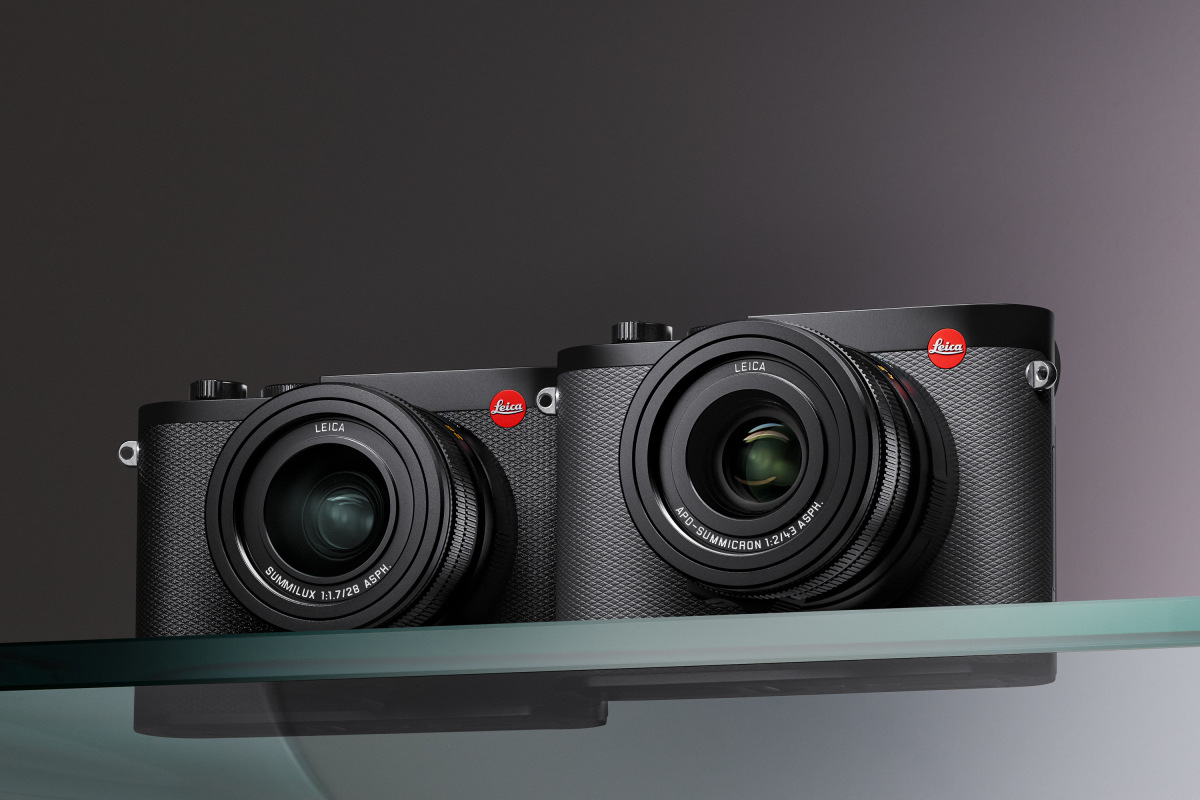
The autofocus system features a hybrid approach using both contrast and phase detection, meaning quicker and more precise focus. For video users, the Q3 43 offers up to Cine8K recording and ProRes support. The built-in USB-C port allows for in-camera charging, data transfer and support for an external microphone (coming in future firmware), while the HDMI connector enables the use of external video recorders and monitors.
APO-Summicron 43mm f/2 ASPH
Of course, the headlining feature of the Q3 43 is the new 43mm f/2 APO-Summicron lens. Featuring an Apochromatic, or APO, lens design, color aberrations are minimized for even sharper, higher contrast and accurate color reproduction from edge to edge. This designation is reserved for Leica's top tier optics, like the APO-Summicron-M 35mm f/2 and the entire range of APO-Summicron-SL lenses, all best in class.
As to the decision to go with a previously unused focal length of 43mm instead of a more standard 35mm or 50mm, Leica has stated that 43mm is the exact diagonal across 24x36mm full frame. This means that 43mm is the most neutral focal length, providing a natural representation of the human eye. For more practical reasons, Leica probably also realized that 35mm would be a little too close to the existing 28mm in the standard Q3 and 50mm slightly long. In the end, 43mm was the happy medium. And given the outstanding performance and general flexibility, this seems like a good decision by Leica's Q-System and optical design teams.
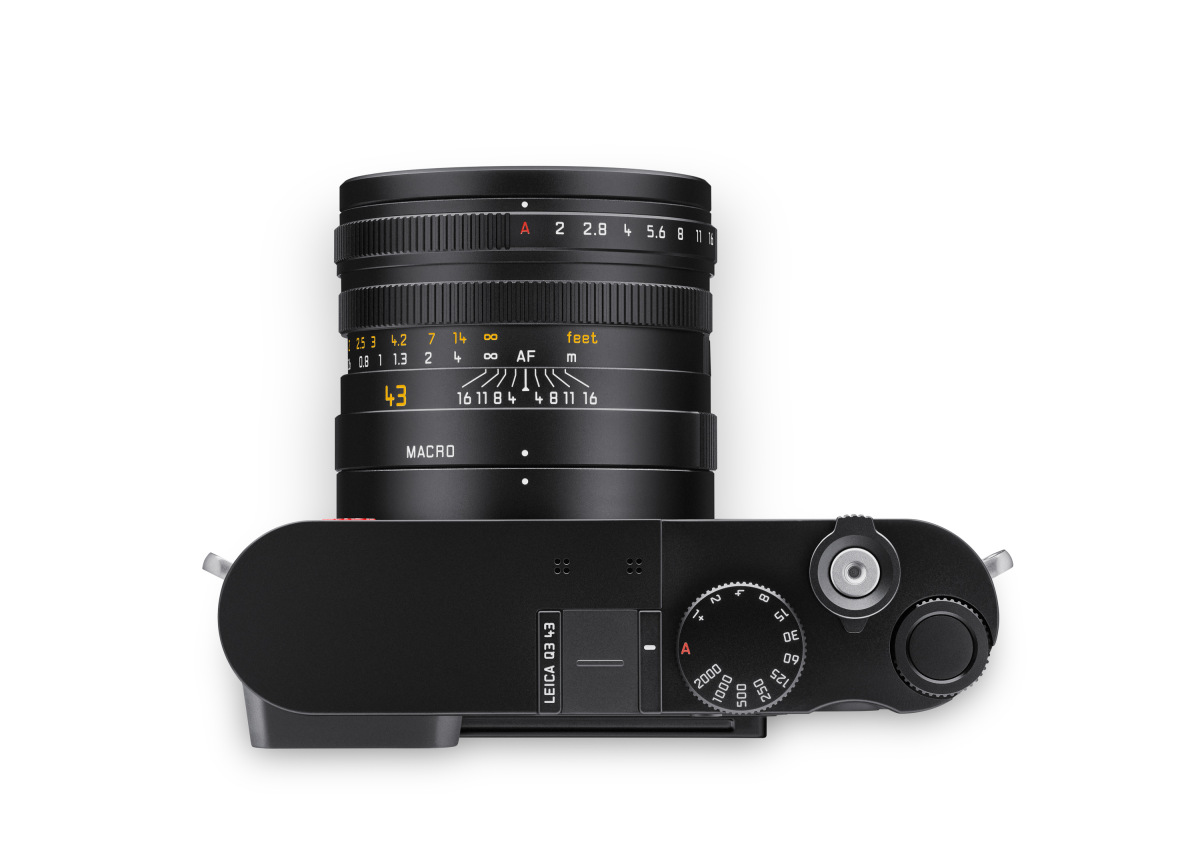
Lens Design
The complex optical design features 11 elements in 8 groups with 7 aspherical surfaces, employing low dispersion and specialized glass types, ensuring incredible sharp images with the highest color accuracy, and producing stunning image quality at all settings. While not quite as speedy as its f/1.7 Summilux sibling, the f/2 maximum aperture in the 43mm delivers outstanding three-dimensionality with pleasing bokeh and solid low light performance. With a 0.6m minimum focus in standard mode and just 0.26m in macro mode, the 43mm APO-Summicron allows the Q3 43 to get up close and capture even the most minute details, while further improving subject/background separation.
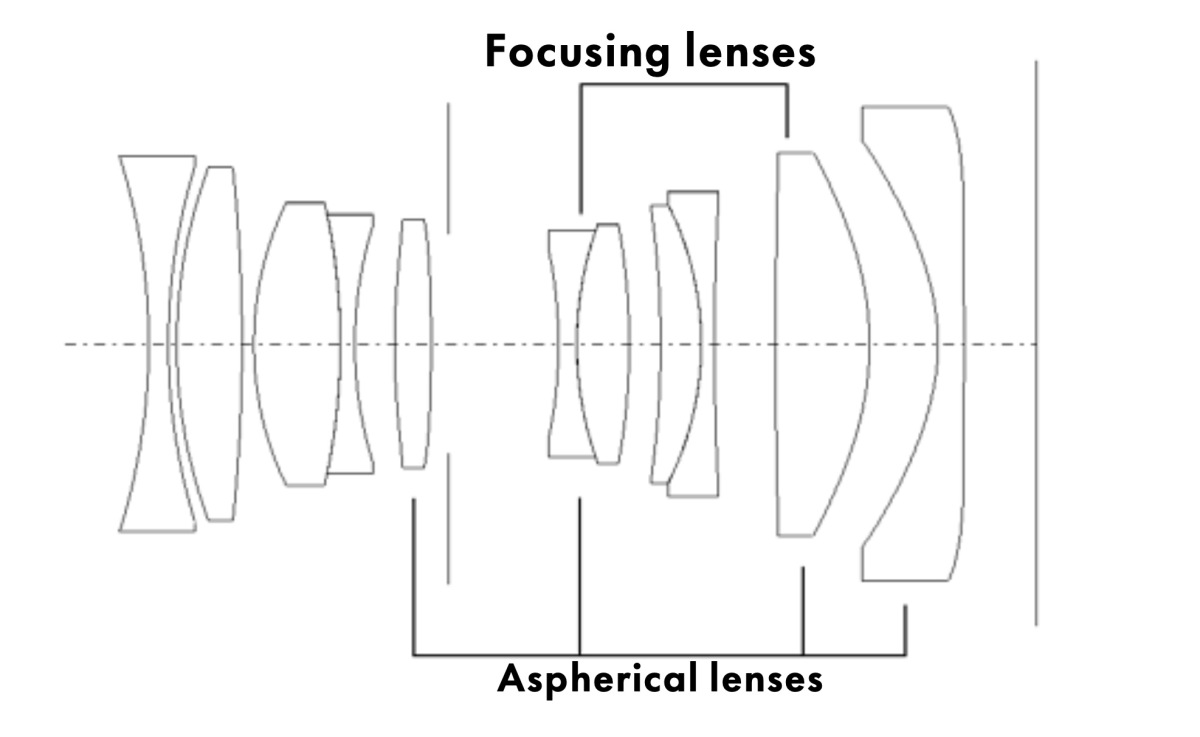
MTF Chart
As you can see from the MTF chart, the lens is a thoroughbred. Almost no aberrations and even perforance acrross the frame with only minor falloff into the corners. Sharpness is consistent at every aperture from wide-open on, only very slightly improving corners two stops down. At f/2, the lens is already resolving almost 90% contrast at 40 lp/mm for crisp fine details. For larger structures, we can see that at 5, 10, and 20 lp/mm, contrast is above 90% from center to edge.
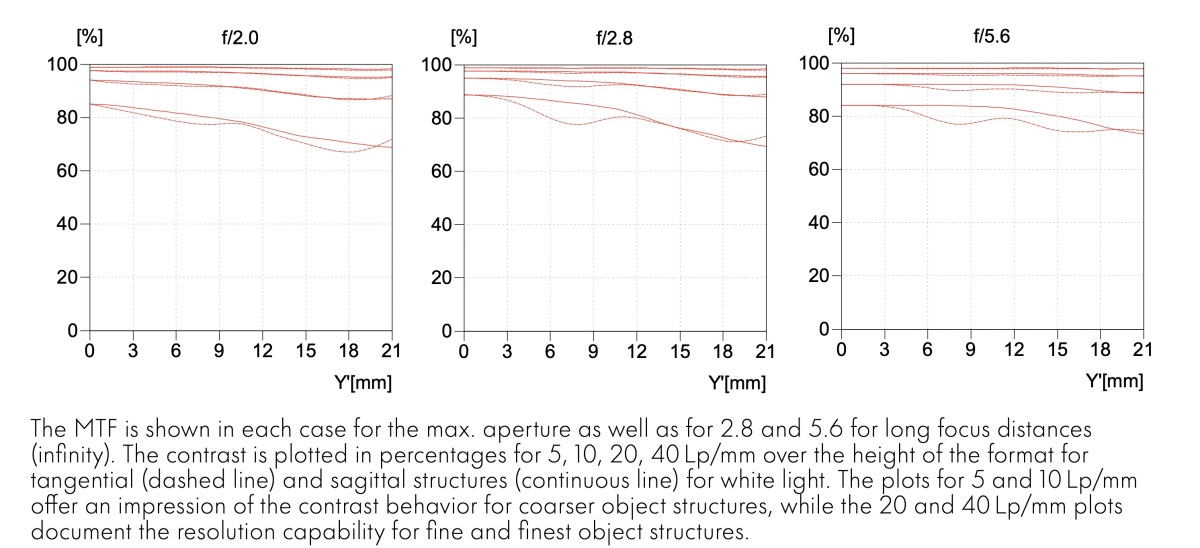
Same Features as Q3
Apart from the ever-so-slightly longer dimensions and a few grams more weight due to the longer coal length lens, the Q3 43 echos the design of the standard Q3 and carries forward all the incredible tech already present in its sister model. But to visually differentiate the camera, Leica has made subtle change, swapping out the standard diamond pattern black leatherette with a nice grey tone. In case you needed a refresher, here's a brief overview of what's under that classy exterior.
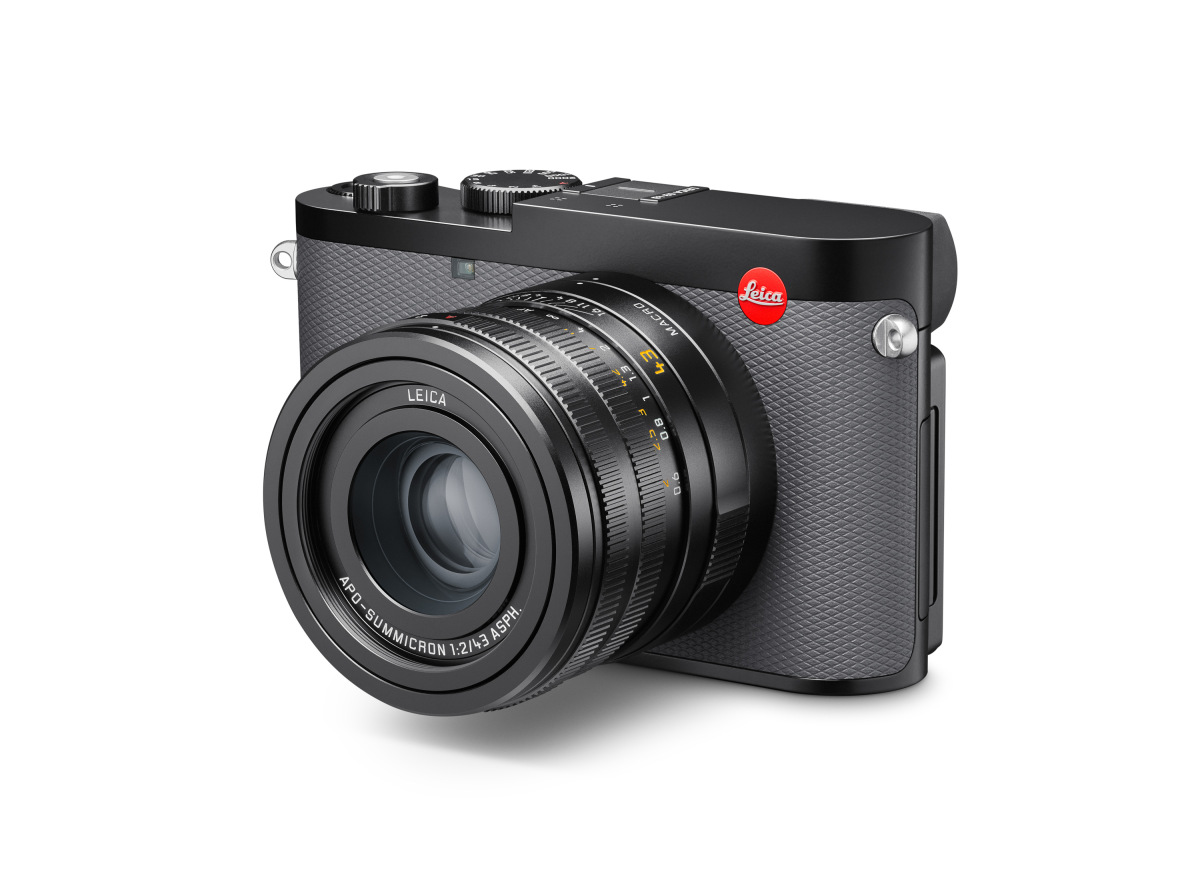
60 Megapixel BSI CMOS Sensor
Like the standard version, the Leica Q3 43 is packing a cutting-edge 60 megapixel BSI CMOS sensor. With an ISO range of 50-100,000 and 14-stops of dynamic range, this chip delivers next-level image quality. And despite the massive resolution, the sensor still produces incredible high ISO results in low like This is made possible by utilizing BSI technology.
Back Side Illuminated sensors move the supporting electronics to the rear of the chip, allowing for significantly more photosensitive surface area and shallower pixel wells, resulting in no sacrifice versus a lower-resolution traditional design sensor with electronics in the top or middle substrate layers.
With the high pixel count and longer lens, Leica has expanded the digital crop modes from 60mm up to a 150mm equivalent. While the resulting 5MP images at 150mm might be a bit light on pixels, the 31MP for the 60mm is not. Even 20MP at 75mm equivalent is quite usable. If you do use the crop modes, the on-screen review will show the cropped images, but rest assured that the DNG recorded to the SD card still contains the uncropped, full image off the sensor so you can tweak later.
| Focal Length | Resolution |
| 43mm (Native) | 60 MP |
| 60mm | 31 MP |
| 75mm | 20 MP |
| 90mm | 14 MP |
| 120mm | 8 MP |
| 150mm | 5 MP |
Triple Resolution
Now introduced across the range of M, SL and Q, triple resolution technology lets you size down your raw images for cases when you don't need full resolution. Select L-DNG for full 60MP images, M-DNG for 36MP and S-DNG for 18MP files. While dropping the resolution of the sensor won't results in any improvement to low light ability, it will reduce file size and increase burst depth. Just as in the M11 and SL3, we generally recommend sticking with full-res L-DNG for highest image quality.
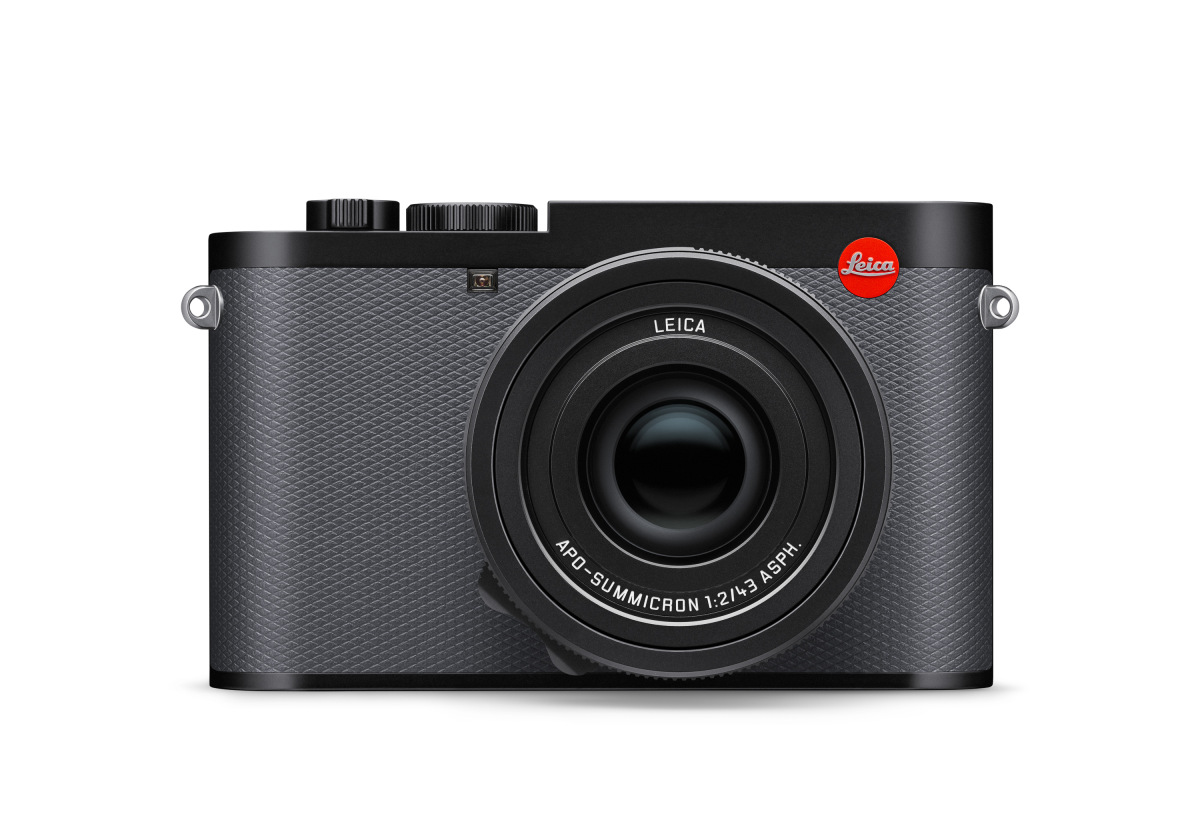
Maestro IV Processor + 8GB Buffer
Making its debut on the original Q3, the next-generation custom Maestro IV processor boasts some serious horsepower. The Q3 upped the already-decent 10 fps maximum burst rate of the Q2 to a blazing 15 fps, despite the resolution increase. And with a generous 8GB of buffer memory, expect burst depths between 63 images at full bore up to 164 shots when shooting at a more modest 2 fps. Regardless of how you shoot, you'll never have to wait for the camera to keep up.
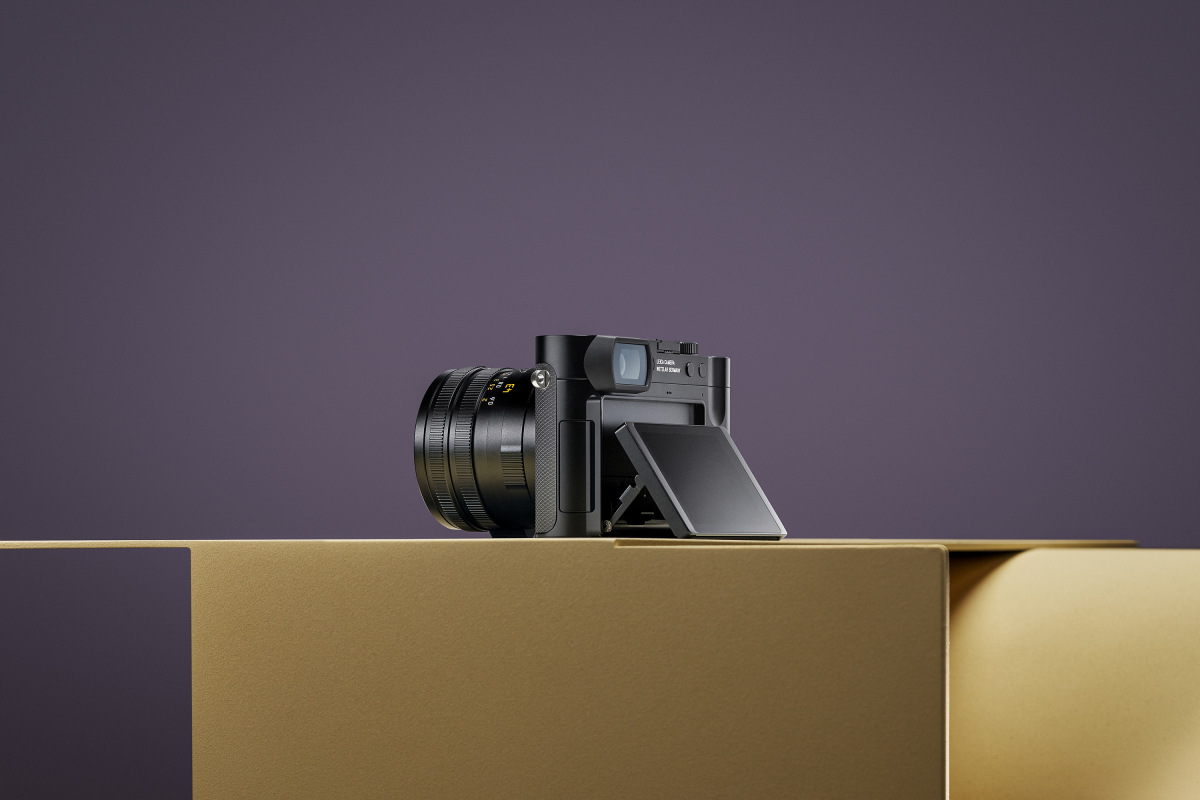
Upgraded video with up to Cine8K
Now possible with the beefy new processor and BSI sensor, the Leica Q3 43 shoots shoot 8K video. And not just standard 16:9 8K. The Q3 43 can film in the more cinematic 17:9 Cine8K in 10-bit. For those not up on video standards, this means that the diminutive Q3 can record a whopping 35 megapixels at 30 frames per second. If 8K is overkill, the camera supports C4K up to 60fps and FullHD up to 120fps. And while currently limited to FullHD, the Q3 was also the first Leica to record internally to ProRes 422HQ.
New Autofocus with Contrast and Phase Detection
Debuting on the Q3 was an all-new hybrid autofocus system, now also on the top-of-the-line SL3. Employing both traditional contrast detection as well as a phase detect with 315 fields, depth mapping and AI-driven subject recognition, the AF is faster and more accurate than ever. Eye/Face/Body + Animal Detection works remarkably well, and assures sharp focus even for moving subjects.
New EVF
With a 56% increase in resolution over the Q2, the built-in 5.76 million dot OLED EVF is simply stunning. Crisp, clear and smooth, the viewfinder manages to provide an SL3-level experience in a significantly smaller package. And with a 120fps refresh rate, generous eye relief, and easy-to-set diopter the EVF is one of the most notable upgrades.
New tiltable rear LCD screen
In a major departure for Leica, the Q3 and SL3 now sport articulating rear LCD screens. Titling upwards and downwards, the screen offers additional flexibility for off-angle shooting. Whether holding overhead or close to the ground, the screen proves to be a useful addition. The LCD touch panel itself gets upgraded as well, now clocking in at 1.84 million dots, a 76% bump from the Q2.
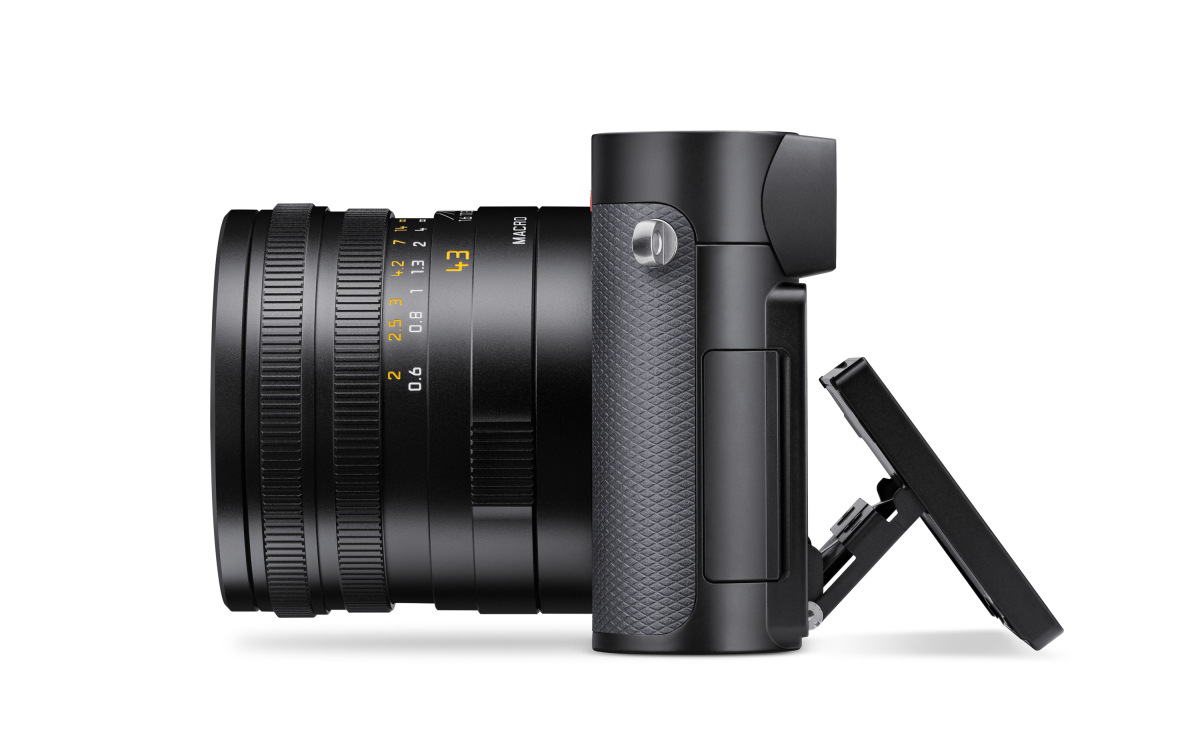
Revised control layout
In order to accommodate the new titling screen mechanism, the left-side buttons have been eliminated and moved to the right of the screen. Now just a PLAY button and MENU button flank the top and bottom of a four-way direction pad with central FN button.
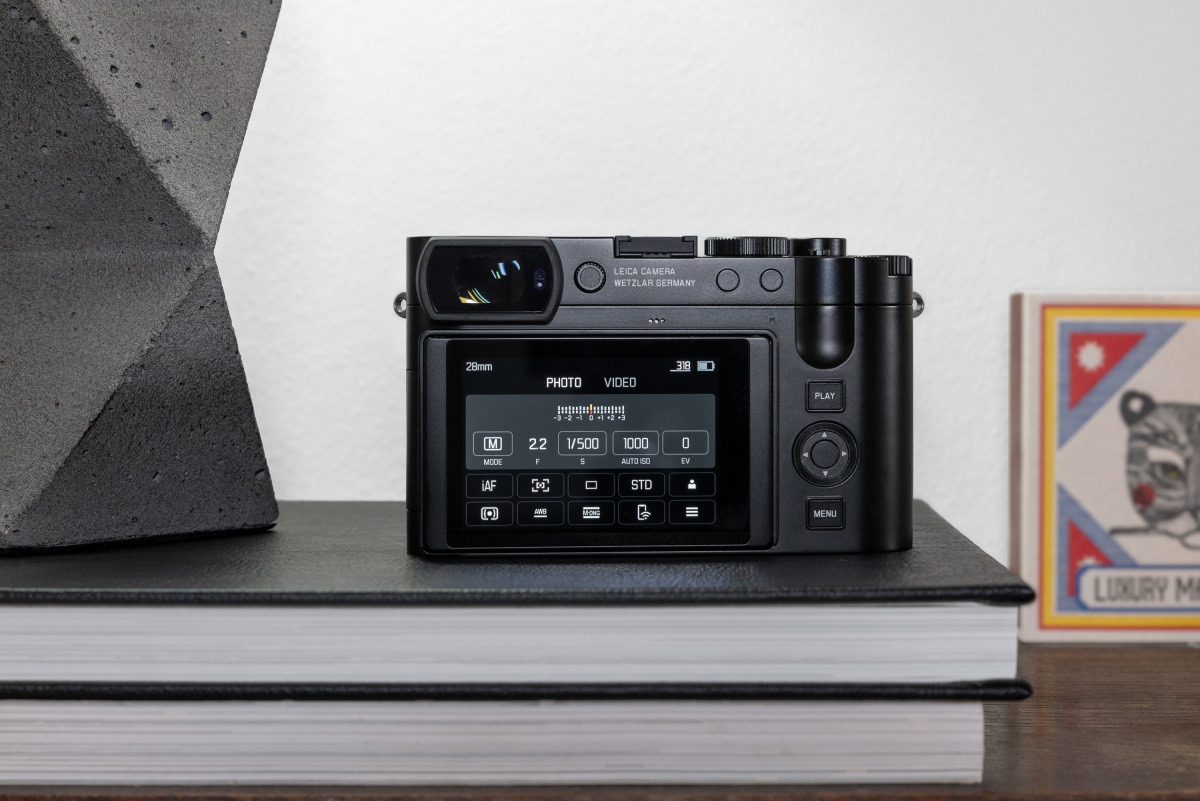
But even though it appears there is less tactile elements, Leica has expanded the number of custom function buttons to four. In addition to the central one in the D-Pad, there are two at the top rear and one in the middle of the top thumb dial. As with all other Leica models, a long press on any of these buttons lets you set the function, with a short press to activate. While the change of layout will take some getting used to, the Q3 truly offers single-handed use with all buttons falling under your right thumb. Also noteworthy is the inclusion of a threaded shutter release, which means you can customize your Q3 with a wide variety of soft releases – just like an M.
USB-C and HDMI Ports
The Q3 brings back physical connections to the Q System. An HDMI (Type-D) port gives options for recording video to an external recorder or capture device, like using the Q3 as a B/C cam in studio, as a lightweight gimbal-mount camera or maybe just as a really nice webcam for Zoom calls.
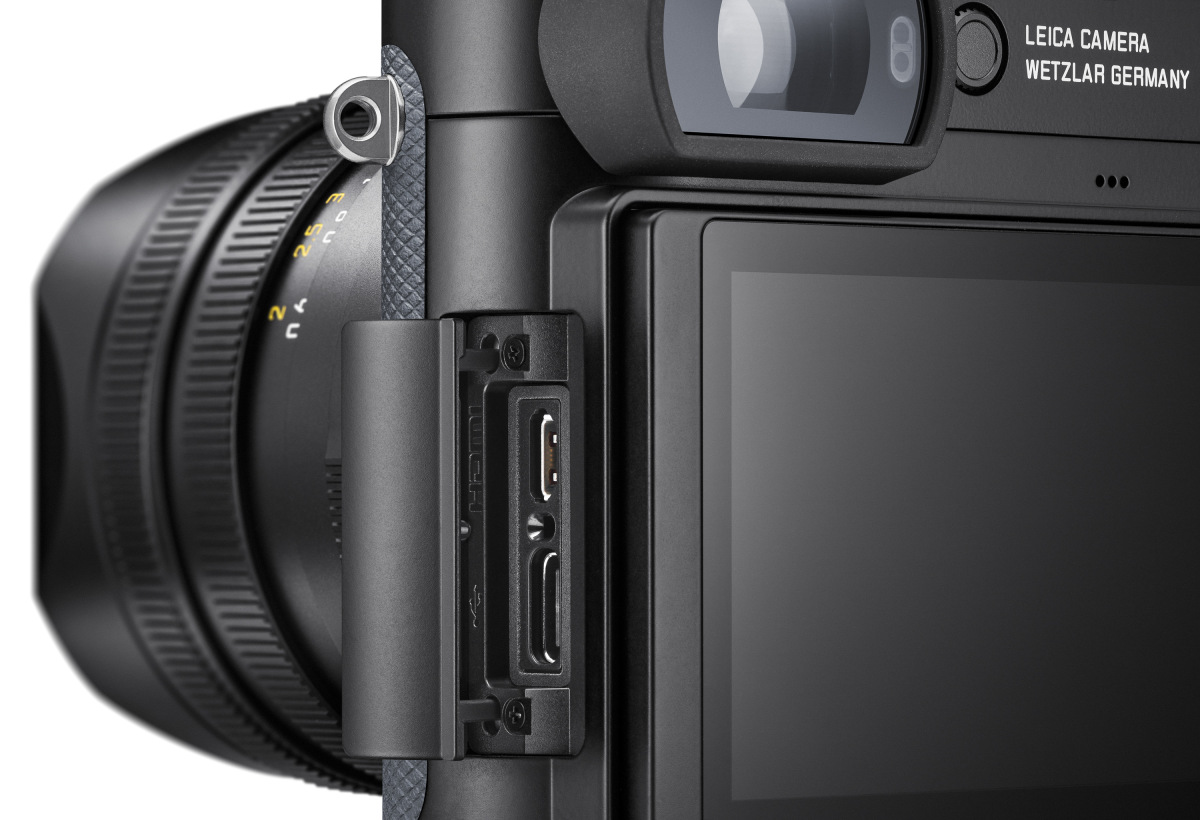
And just as with the M11, the USB-C port allows for charging on the go with a portable powerbank, using the camera as a second charger while traveling or for transferring photos to a computer or Apple mobile device. Supplied with a certified MFi USB-C to Lightning cable, transferring photos to an iPhone or iPad with the Leica FOTOS app is quick and easy. Or use a standard USB 3.1 Gen 2 cable to connect to a computer, either in PTP mode for tethered shooting or in Mass Storage to copy files directly to Windows or Mac.
And coming soon via a future firmware update, the USB-C port will also be used to capture audio from external Røde microphones. This will be a major win for video shooters looking for a compact run-and-gun package.
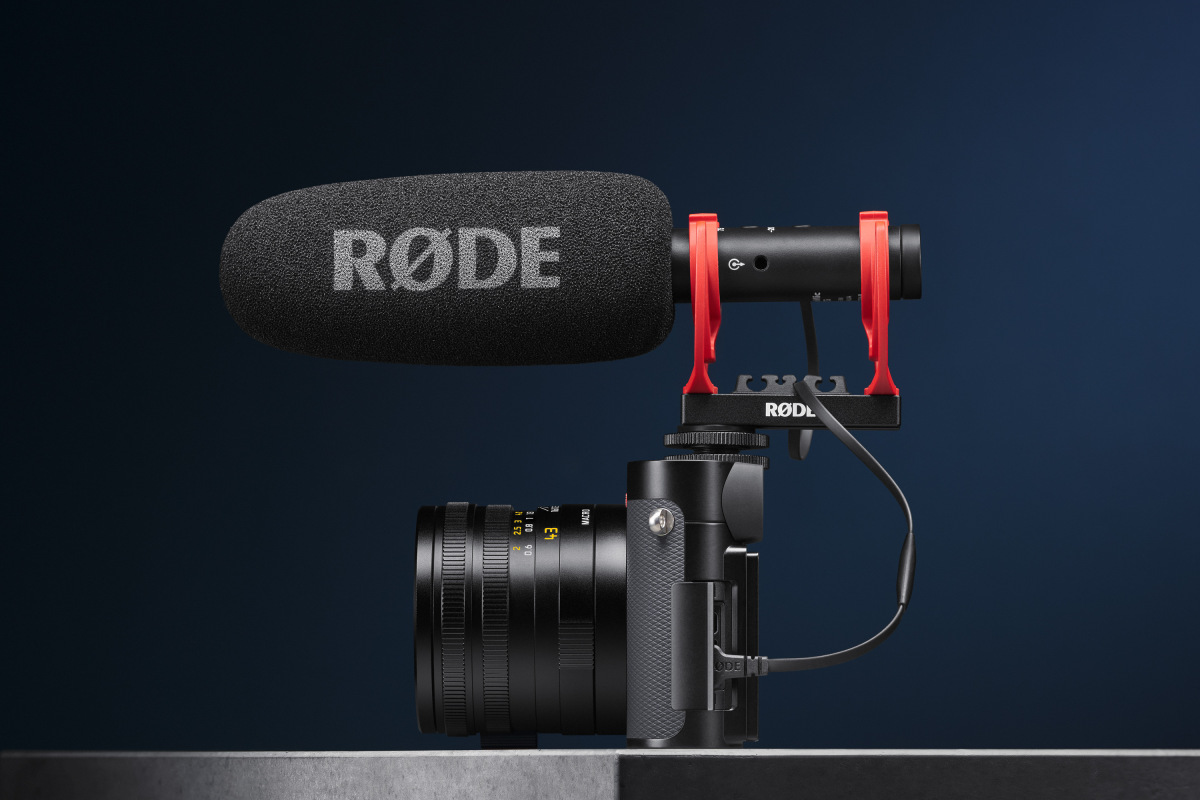
Upgraded Wi-Fi Speed
You don't need a cable to enjoy rapid transfers to your mobile device. By incorporating MIMO beam forming technology, the Q3 boasts 10x faster wireless speeds. Where DNG files could take 20 seconds or more to transfer from the Q2, the Q3's even larger images take a mere two seconds. Even browsing all of your pictures on the SD card from FOTOS feels snappy and responsive.
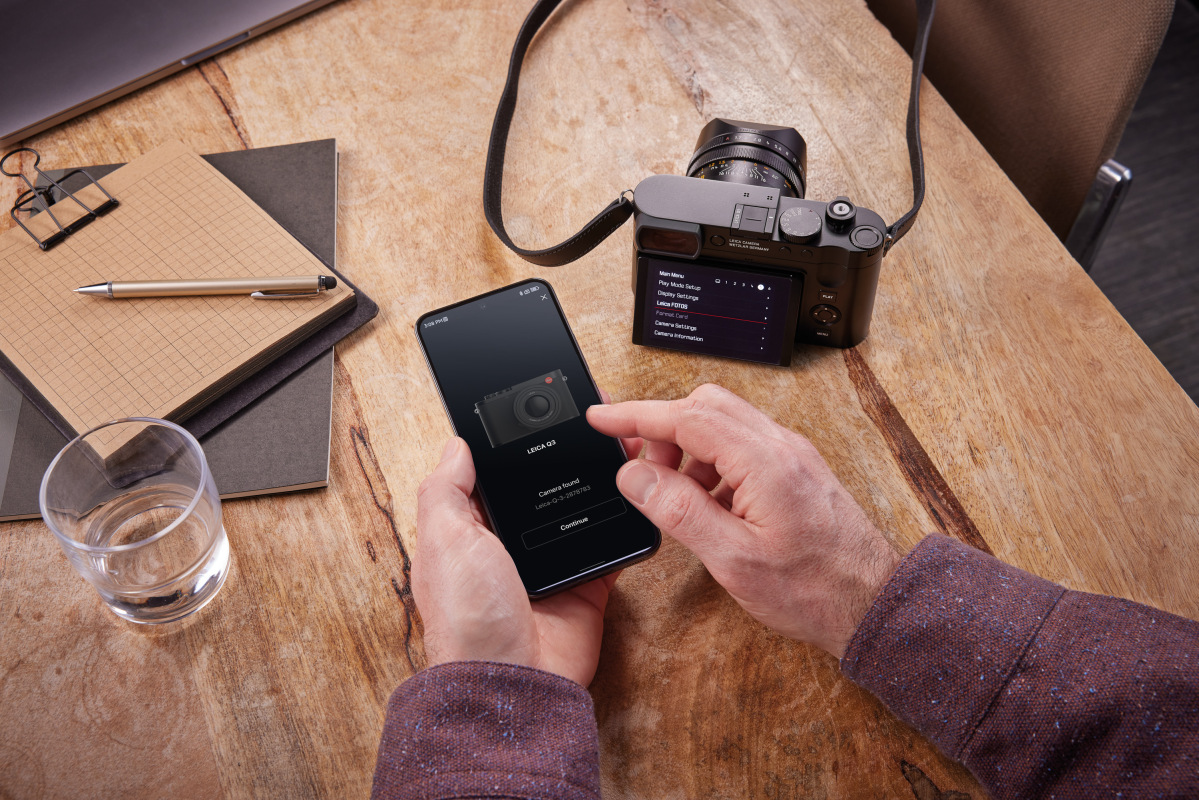
New Wireless Charging
Along with charging over USB-C, by using the Q3's optional handgrip accessory, the camera can be charged wirelessly on a Qi inductive charging mat. Designed with convenience in mind, the Q3 can be left on its charging mat so it's always fully charged and ready for action.
New Multifunction Protector with Built-In Grip and Arca-Swiss Baseplate
Coinciding with the launch of the Q3 43, Leica is releasing a brand new multifunction protector crafted from elegant black leather. This protector includes an integrated grip, offers direct access to the battery, and can be easilty mounted onto tripods thanks to its built-in Arca-Swiss compatible metal base plate. The protector is priced at $250.
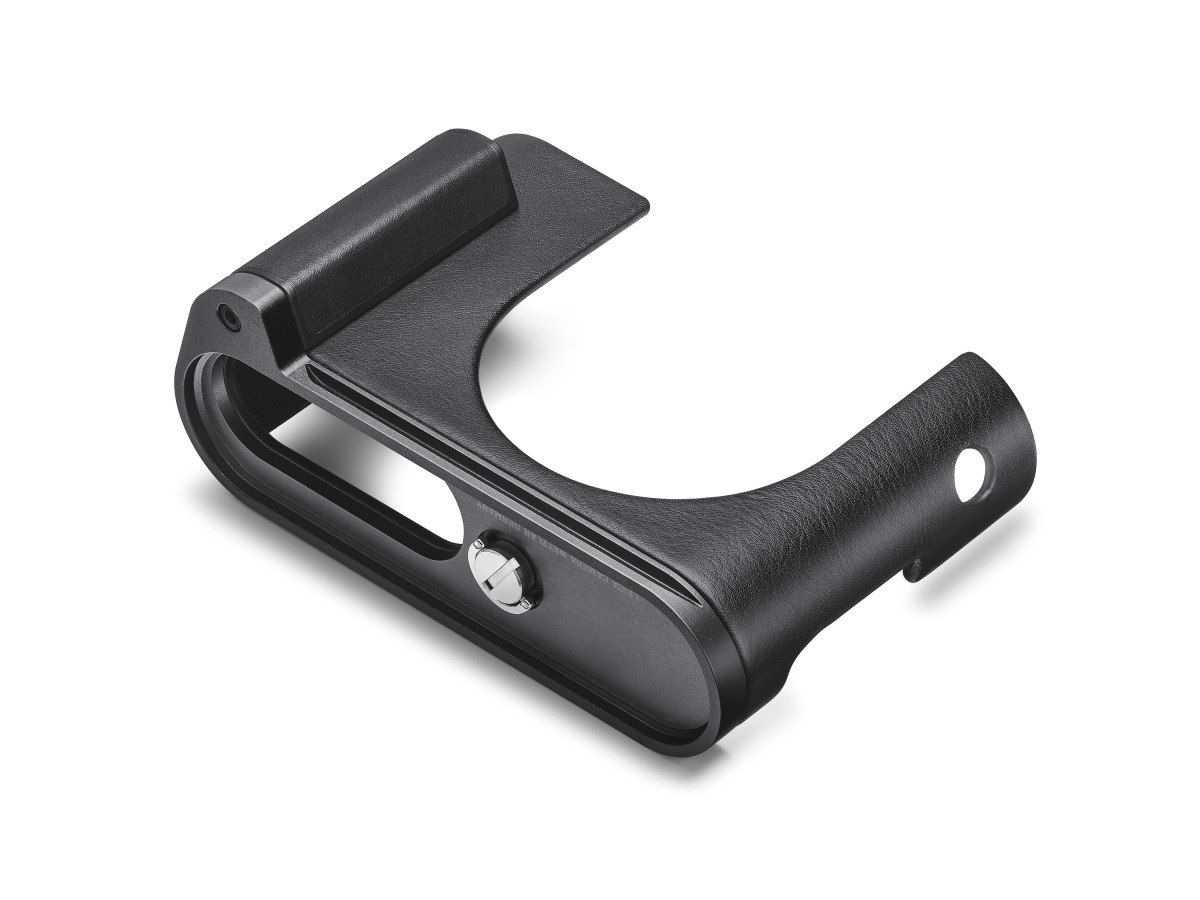
New Battery
Physically the same dimensions as the BP-DC4 used in the Q2 and SL2, the newly introduced BP-DC6 has 2200mAh on tap for the increased performance of the Q3. The camera is still backwards compatible with the previous 1860mAh battery, but will have reduced battery life and will limit video functions to 4K. We'd recommend upgrading to the new battery as it becomes available. And yes, the higher capacity BP-DC6 will work with the Q2, SL3, SL2, SL2-S and SL601.
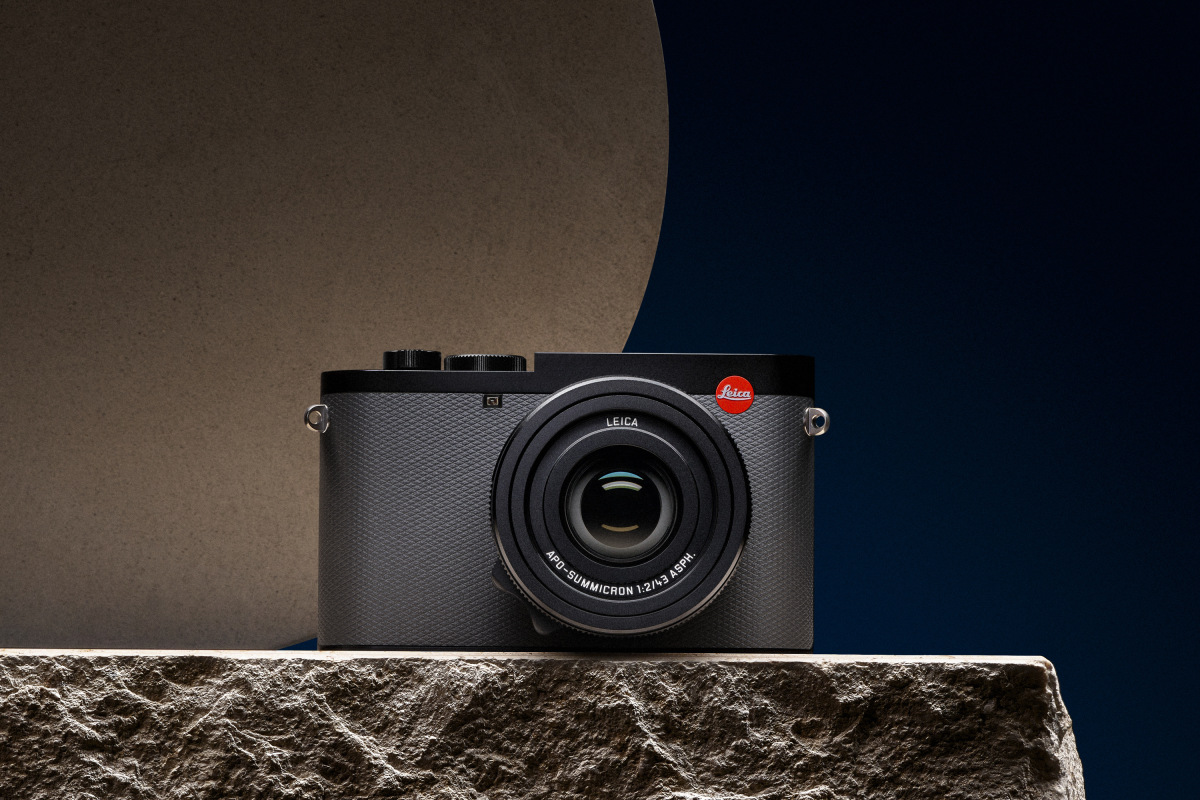
Summary of Features
- APO-Summicron 43mm f/2 ASPH fixed lens with integrated macro mode and leaf shutter
- BSI Sensor with triple resolution technology (18/36/60MP) + up to 8k Video
- ISO range from 50 to 100,000
- Hybrid AF-System (PDAF + Contrast Detection + Object Detection)
- Leica UX & Intuitive Operation
- New color with grey leatherette
- Fast and convenient connectivity with Leica FOTOS app
- Download Leica Looks directly to the camera with the Leica FOTOS app
- Digital zoom has now been expanded to 150mm
- Support for external RØDE microphones via USB-C on all Leica Q3 cameras (coming in a future firmware this fall).
- IP52 Weather Sealing Certification
- New Leica Look “Leica Chrome”, available on the Leica Q3, Leica Q3 43 & Leica SL3.
- Handmade in Germany
Pricing, Availability and Ordering
Initial deliveries of the Leica Q3 43 have already started for a price of $6,895. While Leica has a decent amount of cameras at launch, once these sell out, supply will likely be limited going forward. If you are interested in ordering the Q3 43, you can do so at Leica Store Miami by clicking the button below, calling 305-921-4433 or sending an email to info@leicastoremiami.com.
Sample Images
Leica was nice enough to supply some sample images from the Q3 43. We'll be doing our own testing now that the camera is out, but after diving into these files, we're extremely impressed. Wonderful color and tonality. Exceptional detail and sharpness, and wonderful bokeh wide open.

1/200th @ f/8, ISO 100
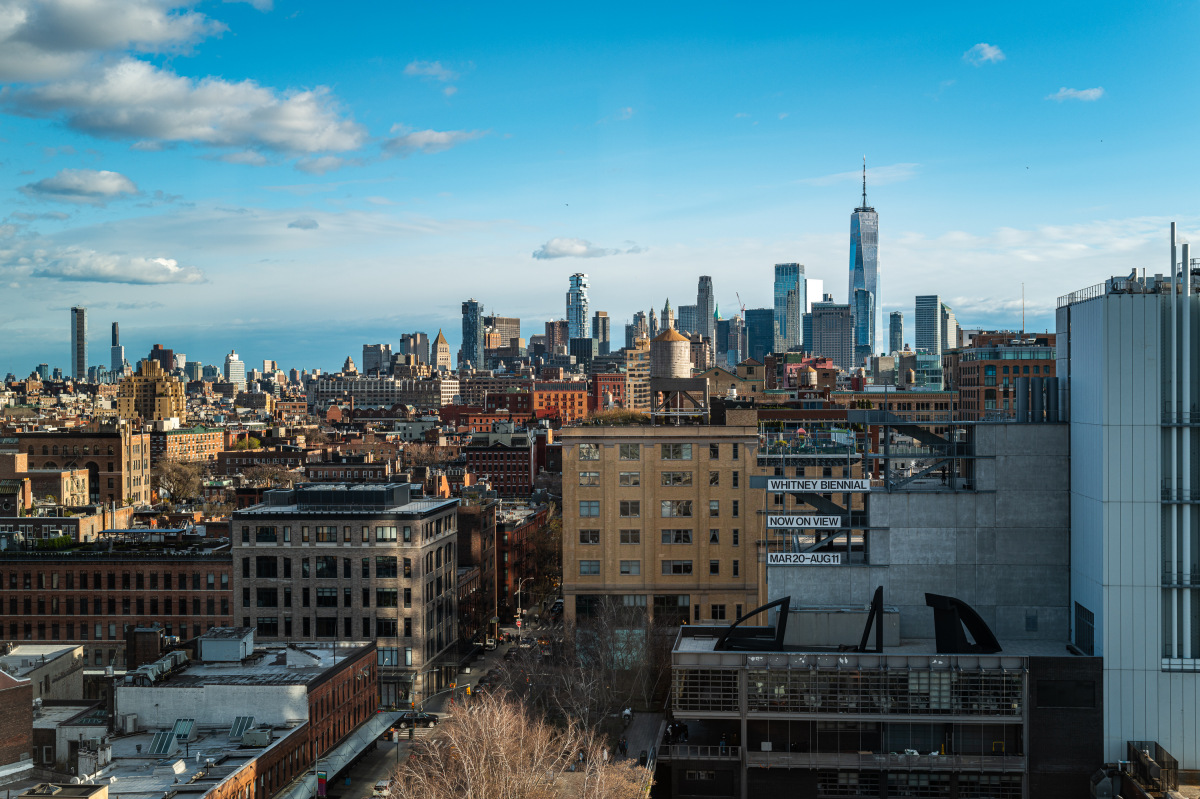
1/100th @ f/8, ISO 100
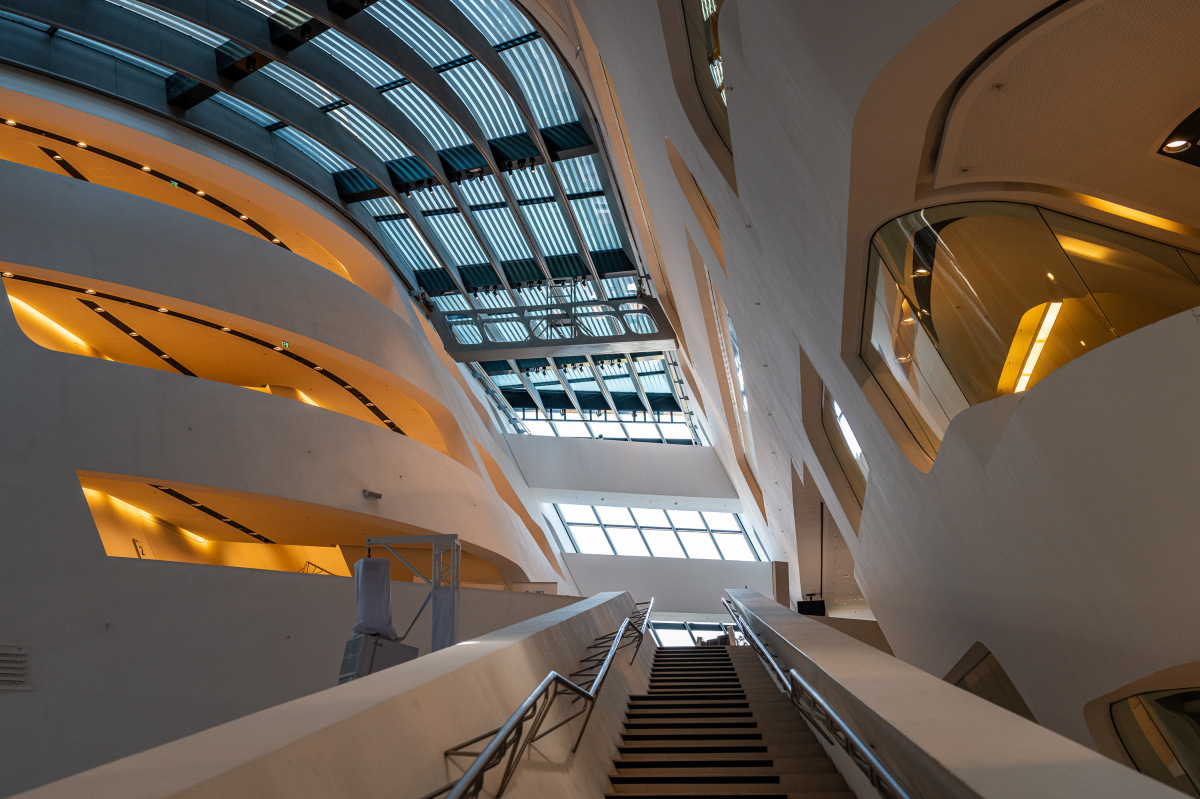
1/1250th @ f/4, ISO 640

1/5000th @ f/2, ISO 100
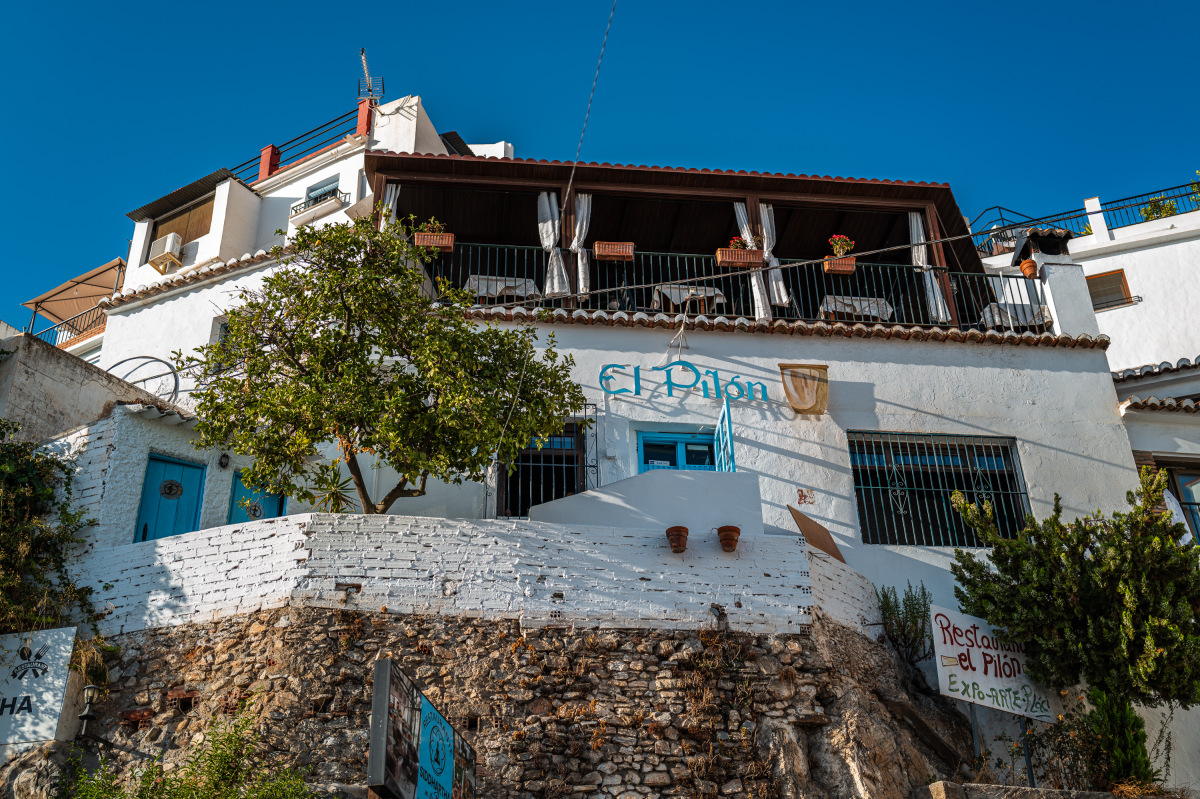
1/1,000th @ f/2, ISO 50

1/800th @ f/2, ISO 100
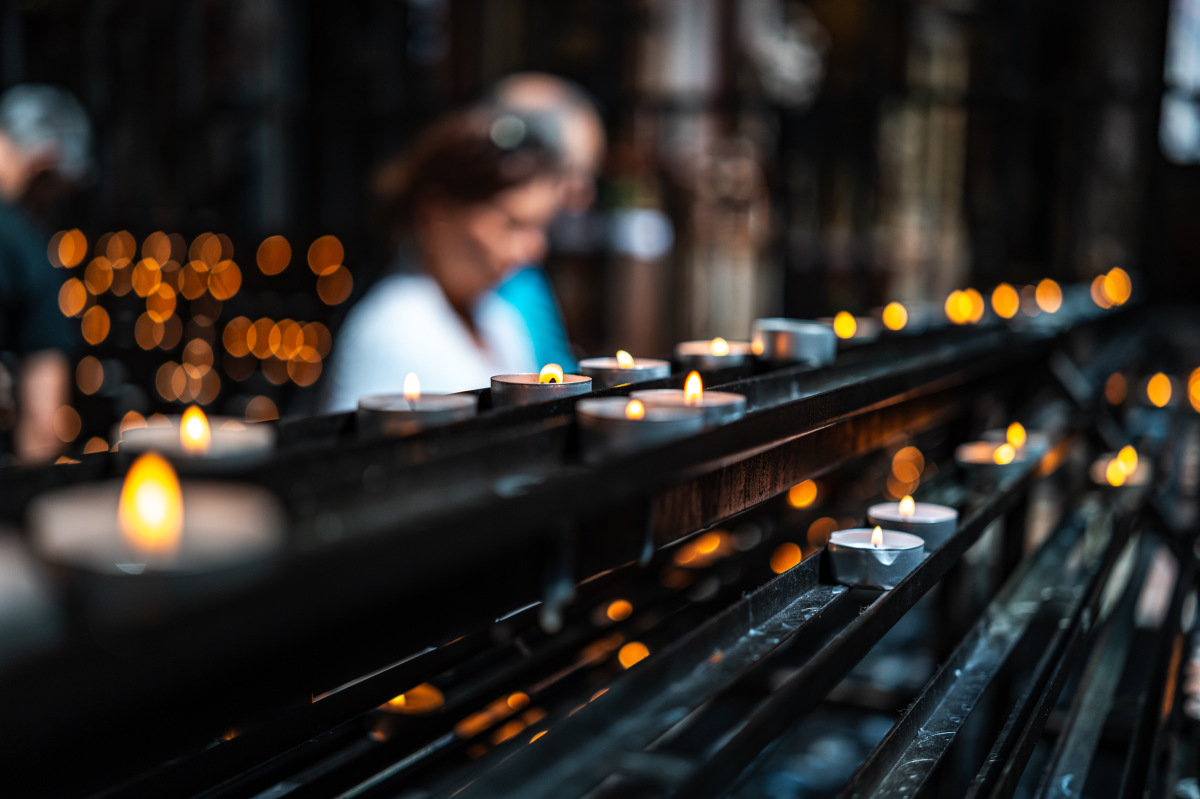
1/320th @ f/2, ISO 100
Tech Specs – Photo
| Designation | Leica Q3 43 |
| Camera type | Digital 35mm compact camera |
| Type No. | 6506 |
| Order No. | 19084 EU/US/CN, 19085 JP, 19086 ROW |
| Buffer memory | 8 GB |
| Frame Rate & Buffer Depth | 15 fps: 63 DNG, 63 DNG + JPG, 67 JPG 9 fps: 70 DNG, 66 DNG + JPG, 76 JPG 7 fps: 74 DNG, 69 DNG + JPG, 83 JPG 4 fps: 83 DNG, 72 DNG + JPG, 104 JPG 2 fps: 164 DNG, 88 DNG + JPG, 947 JPG |
| Storage medium | UHS-II (recommended), UHS-I, SD/SDHC/SDXC memory card |
| Material | Full metal housing: magnesium die-cast, leather covering, protection type IP52 |
| Operating conditions | 0°C to +40°C |
| Interfaces | ISO accessory shoe with additional control contacts for Leica flash units, HDMI jack Type D, USB 3.1 Gen 2 Type C up to 10 Gbps |
| Tripod thread | A 1⁄4 DIN 4503 (1⁄4”) with stainless steel in the base |
| Dimensions | 130mm wide, 80.3mm high, 97.6mm deep |
| Weight | Approx. 772 g/688 g (with/without battery) |
| Sensor | CMOS sensor, 62.39 MP/60.3 MP (total/effective) |
| Processor | Leica Maestro IV |
| Filter | RGB color filter, UV/IR filter, no low-pass filter |
| File formats | Photo: DNG™ (raw data), DNG + JPG, JPG (DCF 2.0, Exif 2.31) |
| Image resolution | |
| DNG™ | L-DNG: 9520 x 6336 pixels (60.3 MP) M-DNG: 7404 x 4928 pixels (36.5 MP) S-DNG: 5288 x 3518 pixels (18.6 MP) |
| JPG | L-JPG: 9520 x 6336 pixels (60.3 MP) M-JPG: 7392 x 4928 pixels (36.4 MP) S-JPG: 5280 x 3512 pixels (18.5 MP) |
| File size | DNG™: approx. 70 MB, depending on resolution and image content JPG: depending on resolution and image content |
| Color depth | DNG™: 14 bit, JPG: 8 bit |
| Color space | Photo: sRGB |
| Lens | Leica APO-Summicron 43mm f/2 ASPH, 11 lenses in 8 groups, 7 aspherical lens areas |
| Lens filter thread | E49 |
| Digital zoom | Approx. 1.4x (equiv. to 60mm) Approx. 1.7x (equiv. to 75mm) Approx. 2.0x (equiv. to 90mm) Approx. 2.8x (equiv. to 120mm) Approx. 3.5x (equiv. to 150mm) |
| Crop Modes | 60mm: 31 MP 75mm: 20 MP 90mm: 14 MP 120mm: 8MP 150mm: 5MP |
| Image stabilization | Visual compensation system for photos and video recordings |
| Aperture range | f/2 to f/16 in 1⁄3 EV increments |
| Viewfinder (EVF) | Resolution: 5,760,000 dots, 120 fps, magnification: 0.79x at aspect ratio: 4:3 / 0.76x at aspect ratio: 3:2, frame coverage: 100%, exit pupil position: 20.75 mm, setting range -4/+2 diopter, with eye sensor for automatic switchover between viewfinder and LCD panel, time delay 0.005 s |
| LCD panel | 3” TFT LCD, approx. 1,843,200 dots, 384 ppi, aspect ratio 3:2, touch panel |
| Shutter type | Mechanical central shutter or optional electronic shutter |
| Shutter speeds | Mech. shutter: 120 s to 1⁄2000s Electro. shutter function: 1 s to 1⁄16000 s Flash Synchronization: up to 1⁄2000 s |
| Shutter button | Two-stage (1st stage: Activation of the camera electronics including autofocus and exposure metering, 2nd stage: Taking the picture) |
| Self-timer | Delay time: 2 s or 12 s |
| Drive Mode | Single, Interval Shooting, Exposure Bracketing |
| Continuous shooting | 2 fps / 14 bit / AF 4 fps / 14 bit / AF Automatic settings (exposure settings in operating modes P/A/S, automatic white balance and autofocus) are implemented individually for each frame. 7 fps / 14 bit 9 fps / 12 bit 15 fps / 12 bit Automatic settings (exposure settings in operating modes P/A/S, automatic white balance and autofocus) are implemented for the first frame, and are then applied for each subsequent frame in the same picture series. |
| Focus range | 60 cm to ∞ With macro setting: from 26.5 cm |
| Focus mode | Automatic or manual (With manual setting: optional magnifying glass function (Auto Magnification) and edge marking (Focus Peaking) available as focus assist) |
| Autofocus system | Hybrid-AF due to combination of contrast metering, depth mapping, and phase comparison metering with AF metering points in the sensor. |
| Autofocus modes | Intelligent AF (autonomously selects AFs and AFc), AFs, AFc, AF setting can be saved, optional Touch AF |
| Autofocus metering methods | Spot (can be shifted), Field (can be shifted and scaled), Multi-Field, Zone (can be shifted), Eye/Face/Body Detection, Eye/Face/Body + Animal Detection, Tracking |
| Autofocus metering fields | 315 |
| Exposure metering | TTL (exposure metering through the lens), with working aperture |
| Metering principle | Exposure metering is done by the image sensor for all exposure metering methods |
| Exposure metering methods | Spot, Center-Weighted, Highlight-Weighted, Multi-Field |
| Exposure modes | Program AE mode (P) Aperture-priority mode (A): manual aperture setting Shutter-priority mode (S): manual shutter-speed setting Manual (M): manual setting for shutter speed and aperture Various fully automated variants (Scene Mode): AUTO, Sport, Portrait, Landscape, Night Portrait, Snow/Beach, Fireworks, Candlelight, Sunset, Digiscoping |
| Exposure compensation | ±3 EV in 1⁄3 EV increments |
| Automatic bracketing | 3 or 5 frames, graduations between shoots up to 3 EV, in 1⁄3 EV increments additional optional exposure compensation: up to ±3 EV |
| ISO sensitivity range (Photo) | Auto ISO: ISO 100 to ISO 100,000 Manual: ISO 50 to ISO 100,000 |
| White balance | Automatic (Auto), default (Daylight, Cloudy, Shadow, Tungsten, Flash), manual metering (Gray card), manual color temperature settings (Color Temperature, 2000 K to 11500 K) |
| Flash unit connector | Via the accessory shoe |
| Flash sync time | 1⁄2000 s, slower shutter speeds available, automatic changeover to TTL linear flash mode with HSS-compatible Leica system flash units if sync time is undercut |
| Flash exposure metering | Using center-weighted TTL pre-flash metering with Leica flash units (SF 26, SF 40, SF 58, SF 60, SF 64) or with system-compatible flash units, remote controlled flash SF C1 |
| Flash exposure compensation | SF 40: ±2 EV in 1⁄2 EV increments SF 60: ±2 EV in 1⁄3 EV increments |
| Microphone | Stereo |
| Speaker | Mono |
| WLAN | WLAN function for connecting to the Leica FOTOS app. The Leica app is available from the Apple App Store™ or the Google Play Store™. |
| 2.4 GHz (EU/US/CN) | IEEE802.11b/g/n: channel 1–11 (2412–2462 MHz) |
| 5 GHz Client mode (indoor use only) | IEEE802.11a/n/ac: Channel 36–64 (5180–5320 MHz) |
| 5 GHz Access point + client mode | IEEE802.11a/n/ac: Channel 149–165 (5745–5825 MHz) |
| Bluetooth | Bluetooth 5.0 LE: Channel 0–39 (2402–2480 MHz), maximum output (e.i.r.p.): 10 dBm |
| GPS | Not available everywhere due to country-specific legislation; can be added via the Leica FOTOS app. Data is written to Exif header of the picture files. |
| Menu languages | English, German, French, Italian, Spanish, Portuguese, Russian, Japanese, Traditional Chinese, Simplified Chinese, Korean |
| Rechargeable battery (Leica BP-SCL6) | Lithium-ion rechargeable battery, rated voltage: 7.2 V (DC); capacity: 2200 mAh (min.), 350 shots (based on CIPA standard, with All Displays Auto Off = 5 s); manufacturer: Panasonic Energy (Wuxi) Co. Ltd., Made in China |
| Charger (Leica BC-SCL4) | Input: AC 100–240 V, 50/60 Hz, 0.25 A, automatic switchover; output: DC 8.4 V 0.85 A; manufacturer: Salom Electric (Xiamen) Co., Ltd., Made in China |
| Charging via USB | During operation: 9 V/3 A (min. 27 W) With camera switched off: 5 V/1500 mA (2.5 W or greater) |
| Wireless Charging | Optimal performance with 9 V chargers (10 W Charging Pad required) |
| Rated values for input voltage/power | 7.2 V 2.3 A (battery), 5 V 3.0 A / 9 V 2.5 A (USB) |
Tech Specs – Video
| Video File Formats | MP4: h.265, AAC, 48 kHz/16 bit MP4: h.264, AAC, 48 kHz/16 bit MOV: h.265, LPCM, 28 kHz/24 bit MOV: h.264, LPCM, 28 kHz/24 bit |
| Video Length | Max: 29 minutes |
| Video Resolution | C8K (17:9): 8192 x 4320 8K (16:9): 7680 x 4320 C4K (17:9): 4096 x 2160 4K (16:9): 3840 x 2160 FHD (16:9): 1920 x 1080 |
| Video frame rate/bit rate | |
| MOV C8K (recording to SD) | 29.97 fps: C8K 4:2:0/10 bit, h.265, L-GOP, 300 Mbps 25.00 fps: C8K 4:2:0/10 bit, h.265, L-GOP, 300 Mbps 24.00 fps: C8K 4:2:0/10 bit, h.265, L-GOP, 300 Mbps 23.98 fps: C8K 4:2:0/10 bit, h.265, L-GOP, 300 Mbps |
| MOV C8K (HDMI output without HLG/L-Log and without recording to SD) | 29.97 fps: 8K 4:2:0/8 bit, h.265, L-GOP, 300 Mbps 25.00 fps: 8K 4:2:0/8 bit, h.265, L-GOP, 300 Mbps 24.00 fps: 8K 4:2:0/8 bit, h.265, L-GOP, 300 Mbps 23.98 fps: 8K 4:2:0/8 bit, h.265, L-GOP, 300 Mbps |
| MOV C8K (HDMI output with HLG/L-Log or during recording to SD) | 29.97 fps: C4K 4:2:2/10 bit, h.265, L-GOP, 300 Mbps 25.00 fps: C4K 4:2:2/10 bit, h.265, L-GOP, 300 Mbps 24.00 fps: C4K 4:2:2/10 bit, h.265, L-GOP, 300 Mbps 23.98 fps: C4K 4:2:2/10 bit, h.265, L-GOP, 300 Mbps |
| MOV 8K (recording to SD) | 29.97 fps: 8K 4:2:0/10 bit, h.265, L-GOP, 300 Mbps 25.00 fps: 8K 4:2:0/10 bit, h.265, L-GOP, 300 Mbps 24.00 fps: 8K 4:2:0/10 bit, h.265, L-GOP, 300 Mbps 23.98 fps: 8K 4:2:0/10 bit, h.265, L-GOP, 300 Mbps |
| MOV 8K (HDMI output without HLG/L-Log and without recording to SD) | 29.97 fps: 8K 4:2:0/8 bit, h.265, L-GOP, 300 Mbps 25.00 fps: 8K 4:2:0/8 bit, h.265, L-GOP, 300 Mbps 24.00 fps: 8K 4:2:0/8 bit, h.265, L-GOP, 300 Mbps 23.98 fps: 8K 4:2:0/8 bit, h.265, L-GOP, 300 Mbps |
| MOV 8K (HDMI output with HLG/L-Log or during recording to SD) | 29.97 fps: 4K 4:2:2/10 bit, h.265, L-GOP, 300 Mbps 25.00 fps: 4K 4:2:2/10 bit, h.265, L-GOP, 300 Mbps 24.00 fps: 4K 4:2:2/10 bit, h.265, L-GOP, 300 Mbps 23.98 fps: 4K 4:2:2/10 bit, h.265, L-GOP, 300 Mbps |
| MOV C4K | 59.94 fps: 4:2:2/10 bit (SD & HDMI), h.264, ALL-I, 600 Mbps 50.00 fps: 4:2:2/10 bit (SD & HDMI), h.264, ALL-I, 600 Mbps 48.00 fps: 4:2:2/10 bit (SD), h.264, ALL-I, 600 Mbps *24.00 fps: 4:2:2/10 bit (HDMI), h.264, ALL-I, 600 Mbps 47.95 fps: 4:2:2/10 bit (SD), h.264, ALL-I, 600 Mbps *23.98 fps: 4:2:2/10 bit (HDMI), h.264, ALL-I, 600 Mbps 29.97 fps: 4:2:2/10 bit (SD & HDMI), h.264, ALL-I, 400 Mbps 25.00 fps: 4:2:2/10 bit (SD & HDMI), h.264, ALL-I, 400 Mbps 24.00 fps: 4:2:2/10 bit (SD & HDMI), h.264, ALL-I, 400 Mbps 23.98 fps<: 4:2:2/10 bit (SD & HDMI), h.264, ALL-I, 400 Mbps |
| MOV 4K | 59.94 fps: 4:2:2/10 bit (SD & HDMI), h.264, ALL-I, 600 Mbps 50.00 fps: 4:2:2/10 bit (SD & HDMI), h.264, ALL-I, 600 Mbps 48.00 fps: 4:2:2/10 bit (SD), h.264, ALL-I, 600 Mbps *24.00 fps: 4:2:2/10 bit (HDMI), h.264, ALL-I, 600 Mbps 47.95 fps: 4:2:2/10 bit (SD), h.264, ALL-I, 600 Mbps *23.98 fps: 4:2:2/10 bit (HDMI), h.264, ALL-I, 600 Mbps 29.97 fps: 4:2:2/10 bit (SD & HDMI), h.264, ALL-I, 400 Mbps 25.00 fps: 4:2:2/10 bit (SD & HDMI), h.264, ALL-I, 400 Mbps 24.00 fps: 4:2:2/10 bit (SD & HDMI), h.264, ALL-I, 400 Mbps 23.98 fps: 4:2:2/10 bit (SD & HDMI), h.264, ALL-I, 400 Mbps |
| MOV FHD | 119.88 fps: 4:2:2/10 bit (SD & HDMI), h.264, ALL-I, 400 Mbps 100.00 fps: 4:2:2/10 bit (SD & HDMI), h.264, ALL-I, 400 Mbps 59.94 fps: 4:2:2/10 bit (SD & HDMI), h.264, ALL-I, 200 Mbps 50.00 fps: 4:2:2/10 bit (SD & HDMI), h.264, ALL-I, 200 Mbps 48.00 fps: 4:2:2/10 bit (SD), h.264, ALL-I, 200 Mbps *24.00 fps: 4:2:2/10 bit (HDMI), h.264, ALL-I, 200 Mbps 47.95 fps: 4:2:2/10 bit (SD), h.264, ALL-I, 200 Mbps *23.98 fps: 4:2:2/10 bit (HDMI), h.264, ALL-I, 200 Mbps 29.97 fps: 4:2:2/10 bit (SD & HDMI), h.264, ALL-I, 200 Mbps 25.00 fps: 4:2:2/10 bit (SD & HDMI), h.264, ALL-I, 200 Mbps 24.00 fps: 4:2:2/10 bit (SD & HDMI), h.264, ALL-I, 200 Mbps 23.98 fps: 4:2:2/10 bit (SD & HDMI), h.264, ALL-I, 200 Mbps |
| MOV FHD Slow Motion | Sensor: 119.88 fps: 4:2:0/10 bit (SD & HDMI), h.265, L-GOP, 100 Mbps Recording/Playback: 29.97 fps: 4:2:0/10 bit (SD & HDMI), h.265, L-GOP, 100 Mbps Sensor: 100.00 fps: 4:2:0/10 bit (SD & HDMI), h.265, L-GOP, 100 Mbps Recording/Playback: 25.00 fps: 4:2:0/10 bit (SD & HDMI), h.265, L-GOP, 100 Mbps |
| MOV FHD ProRes | 59.94 fps: 422HQ, ProRes, 454 Mbps 50.00 fps: 422HQ, ProRes, 378 Mbps 29.97 fps: 422HQ, ProRes, 227 Mbps 25.00 fps: 422HQ, ProRes, 189 Mbps 24.00 fps: 422HQ, ProRes, 182 Mbps 23.98 fps: 422HQ, ProRes, 181 Mbps |
| MP4 8K (recording to SD) | 29.97 fps: 8K 4:2:0/10 bit, h.265, L-GOP, 300 Mbps 25.00 fps: 8K 4:2:0/10 bit, h.265, L-GOP, 300 Mbps 23.98 fps: 8K 4:2:0/10 bit, h.265, L-GOP, 300 Mbps |
| MP4 8K (HDMI output without recording to SD) | 29.97 fps: 8K 4:2:0/8 bit, h.265, L-GOP, 300 Mbps 25.00 fps: 8K 4:2:0/8 bit, h.265, L-GOP, 300 Mbps 23.98 fps: 8K 4:2:0/8 bit, h.265, L-GOP, 300 Mbps |
| MP4 8K (HDMI output during recording to SD) | 29.97 fps: 4K 4:2:2/10 bit, h.265, L-GOP, 300 Mbps 25.00 fps: 4K 4:2:2/10 bit, h.265, L-GOP, 300 Mbps 23.98 fps: 4K 4:2:2/10 bit, h.265, L-GOP, 300 Mbps |
| MP4 4K | 59.94 fps: 4:2:0 / 10 bit (SD & HDMI), h.265, L-GOP, 100 Mbps 50.00 fps: 4:2:0 / 10 bit (SD & HDMI), h.265, L-GOP, 100 Mbps 29.97 fps: 4:2:0 / 8 bit (SD & HDMI), h.264, L-GOP, 100 Mbps 25.00 fps: 4:2:0 / 8 bit (SD & HDMI), h.264, L-GOP, 100 Mbps 23.98 fps: 4:2:0 / 8 bit (SD & HDMI), h.264, L-GOP, 100 Mbps |
| MP4 FHD | 59.94 fps: 4:2:0 / 8 bit (SD & HDMI), h.264, L-GOP, 28 Mbps 50.00 fps: 4:2:0 / 8 bit (SD & HDMI), h.264, L-GOP, 28 Mbps 29.97 fps: 4:2:0 / 8 bit (SD & HDMI), h.264, L-GOP, 20 Mbps 25.00 fps: 4:2:0 / 8 bit (SD & HDMI), h.264, L-GOP, 20 Mbps 23.98 fps: 4:2:0 / 8 bit (SD & HDMI), h.264, L-GOP, 24 Mbps |
| ISO sensitivity range (Video) | Auto ISO: ISO 100 to ISO 100,000 Manual:ISO 50 to ISO 100,000 |
Press Release
The Unique, Compact Full-Frame Camera Now with a New APO-Summicron 43 f/2 ASPH. Lens.
Teaneck, September 26th , 2024. In 2015, Leica Camera AG introduced a completely new camera segment with the launch of the Leica Q. Now in its third generation, the compact full- frame Leica Q3, with a fixed focal length of 28mm, inspires people all over the world. In addition to the unrivaled standards of design, workmanship, image quality and operation, the success of the Q-Family is especially attributed to its close dialogue with its users. Now, Leica fulfills a frequently expressed wish and introduces the Leica Q3 with a 43mm fixed focal length.
At the heart of the Leica Q3 43 is a unique, newly developed lens. The APO-Summicron 43 f/2 ASPH. not only joins the family of legendary Leica APO lenses, renowned among the best lenses in the world, but also distinguishes itself within Leica’s own lens portfolio. The focal length closely mirrors the natural perception of the human eye, enabling the creation of realistic, distortion-free images through the high-resolution OLED viewfinder. This makes the versatile 43mm focal length ideal for both for street photography and portraits. Like its sister model, the Leica Q3, the Leica Q3 43 also features an integrated macro mode for detailed close-ups and a leaf shutter for high-speed flash photography.
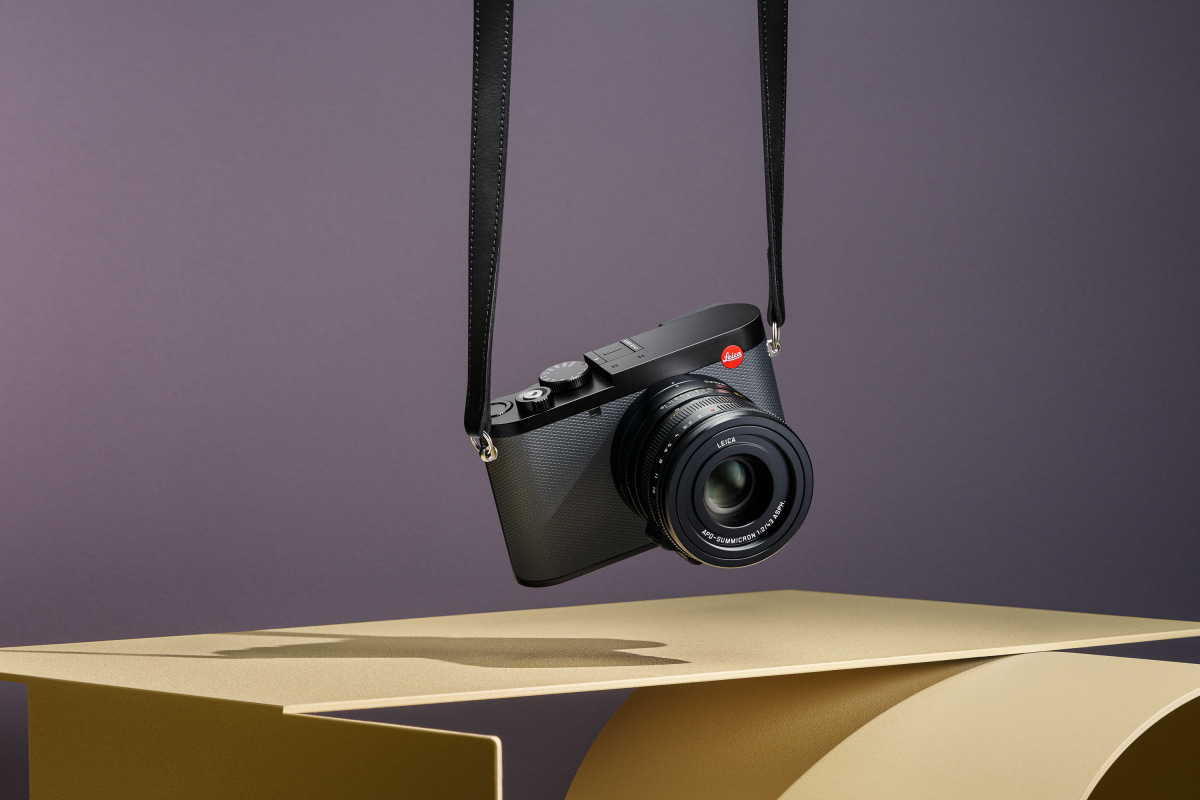
The Leica Q3 43 creates extraordinarily sharp, high-contrast images in any lighting condition thanks to its complex construction of the apochromatically corrected optical design, which includes four aspherical elements, while maintaining its compact, lightweight design.The new APO lens delivers superior performance at its maximum aperture of f/2 making it possible to separate subjects from the background with a harmonious bokeh. Combined with its outstanding ISO performance, the APO lens enables short exposure times, even in low light. Photos and videos can be taken at the 43, 60, 75, 90, 120 and 150mm focal lengths by using the frame lines displayed in the 5.76MP OLED viewfinder, or on the touch friendly tiltable monitor.
In addition to the lens, the Leica Q3 43 also differentiates itself visually from its sister model. The new grey leather stands out elegantly against the black camera body and celebrates the timeless design that Leica cameras are renowned for worldwide.
With easy-to-use Wi-Fi and Bluetooth connectivity, the Leica Q3 43 provides a seamless mobile workflow. Certified as a ‘Made for iPhone® and an iPad® accessory, it ensures an exceptionally smooth connection experience. When paired with the Leica FOTOS app, data transfers quickly and reliably, and creative Leica Looks can be easily loaded onto the camera.
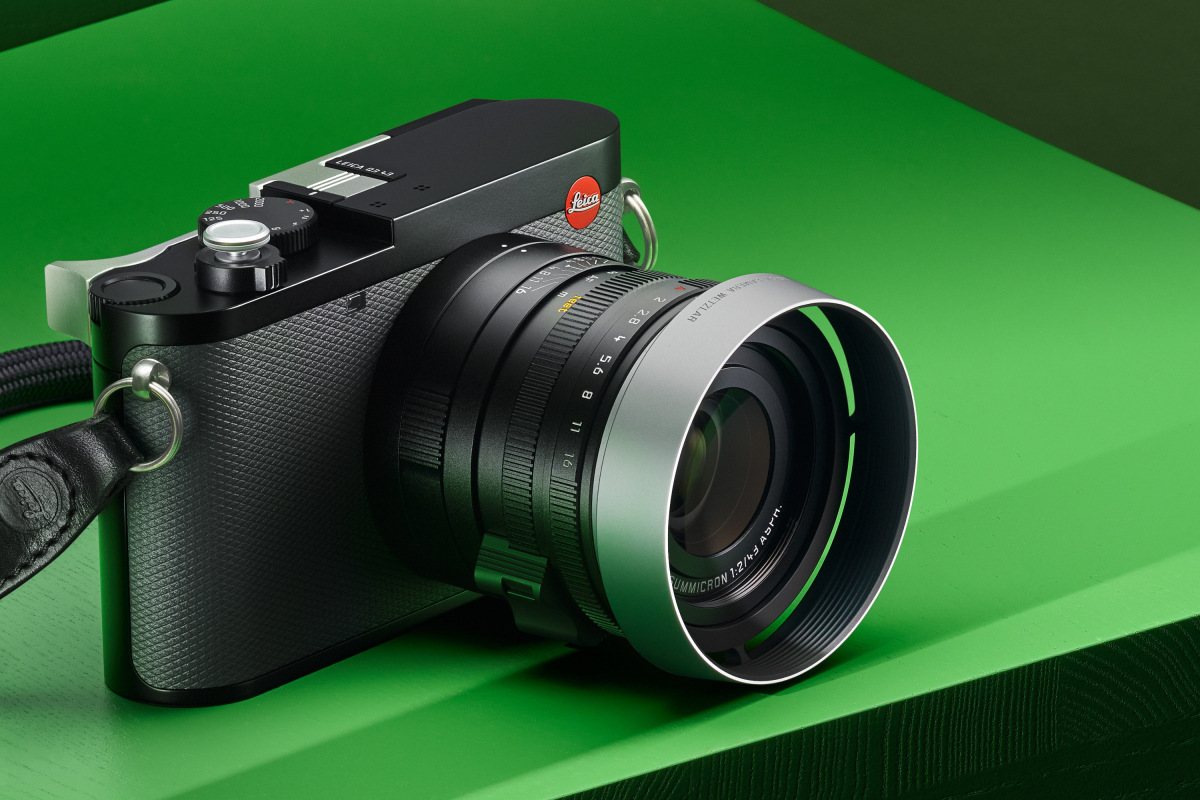
With the Leica Q3 43, Leica also introduces a new Leica Look: Leica Chrome. Leica Chrome can be applied to JPEGs, adding an analogue charm to one’s images. The expanding range of Leica Looks allows for the creation of unique, creative and striking images directly in the camera, ready to be instantly shared with the world via the Leica FOTOS app.
Both Leica Q3 models carry the same DNA. Like the Leica Q3, the BSI CMOS full-frame sensor with Triple Resolution Technology in the Leica Q3 43 gives you a choice between a resolution of 60, 36 and 18 megapixels. The camera's ISO range of 50 to 100,000, coupled with a high- precision, fast hybrid autofocus system makes this robust IP52-rated device the perfect tool to capture your unique perspective. In addition, the Leica Q3 43 offers the possibility to connect external RØDE microphones via USB-C. Whether you're shooting in 8K resolution or capturing stunning photos, this German-engineered camera seamlessly integrates into your daily creative routine, allowing you to capture stylish shots with unparalleled Leica quality in any situation.
The Leica Q3 43 fits comfortably in your hand, particularly when paired with the new optional multifunction protector crafted from sleek black leather. This protector includes an integrated grip, offers direct access to the battery, and can be swiftly mounted onto tripods thanks to its Arca-Swiss compatibility. The Leica Q3’s practical, comfortable and stylish accessories are all available for the Leica Q3 43. These accessories include a unique wireless charging handgrip that works with the elegant Drop XL Wireless Charger for inductive charging, a range of protectors and carrying straps in various leather colors, and a selection of stylish thumb rests, soft release buttons, filters and colorful round retro lens hoods. Each accessory enhances the individual look and functionality of the Leica Q3 43.
The Leica Q3 43 is now available worldwide at all Leica Stores, the Leica Online Store and authorized dealers. The retail price of the Leica Q3 43 is $6,895.00, and the new multifunction protector with integrated handgrip is $250.00.
For other articles on this blog please click on Blog Archive in the column to the right
For other articles on this blog please click on Blog Archive in the column to the right


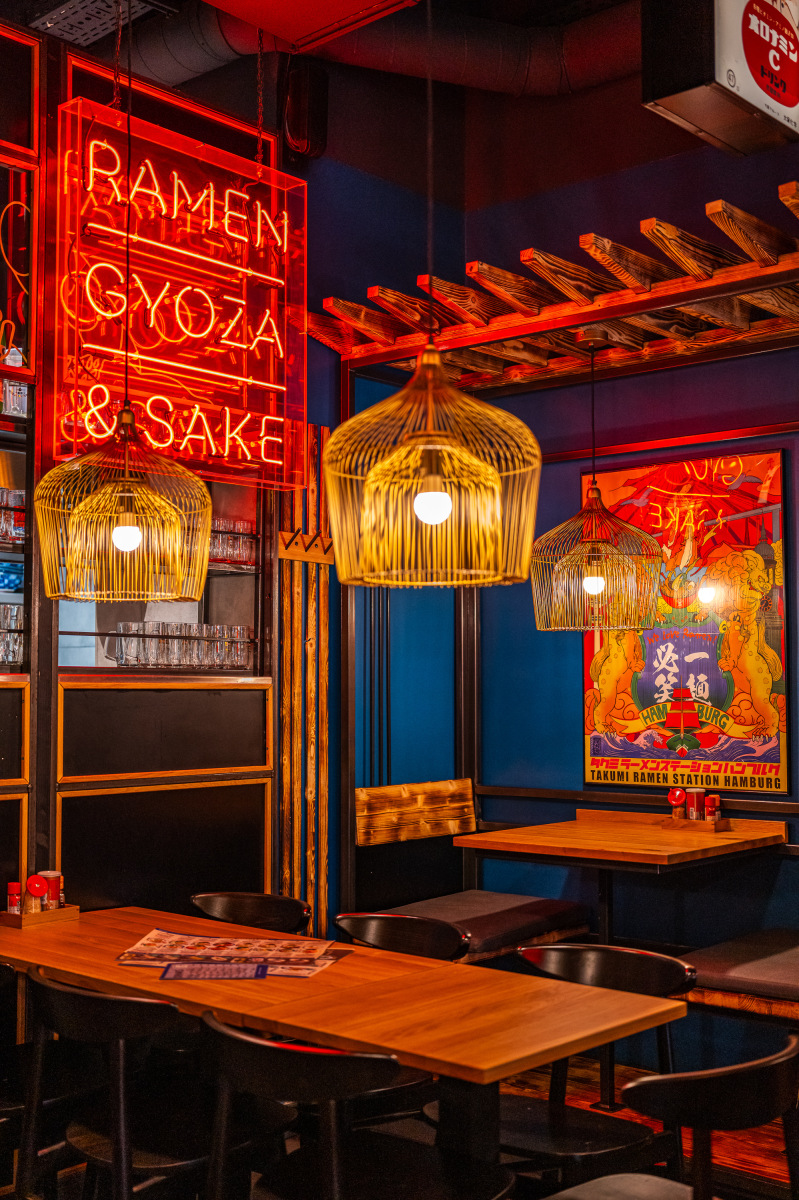
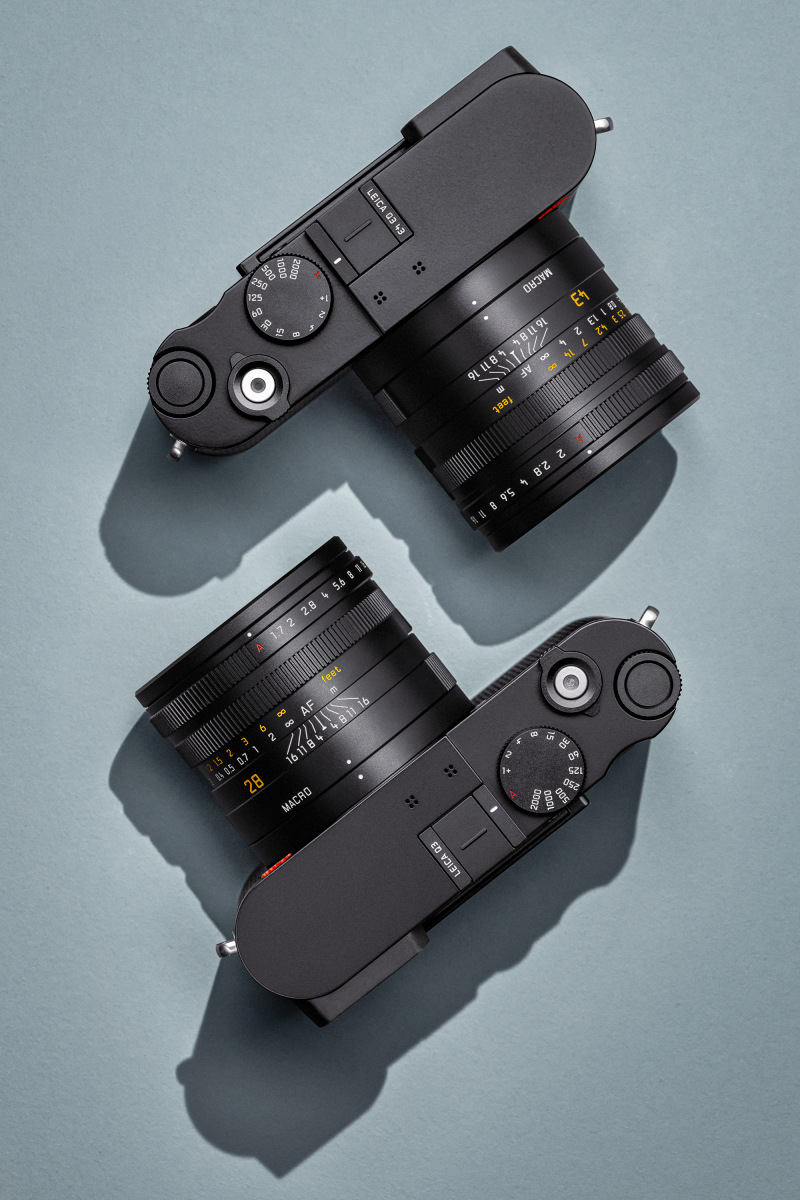











No comments:
Post a Comment